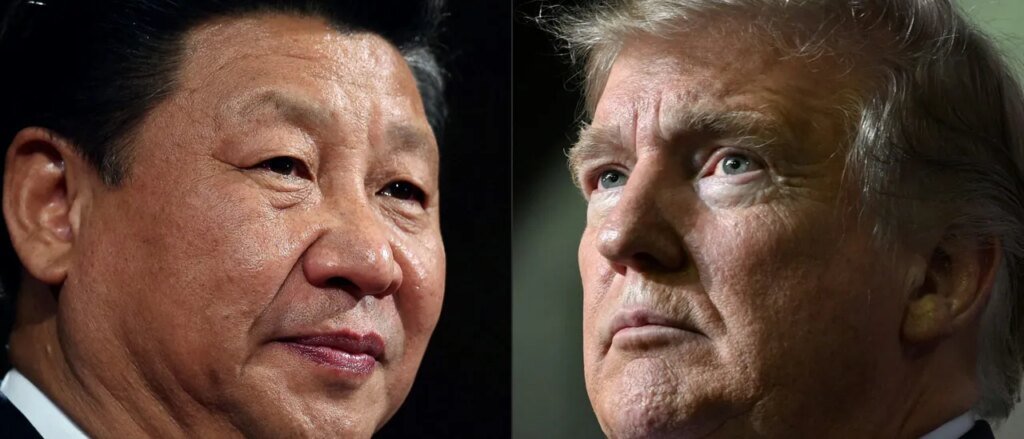China’s Influence on U.S. Energy Policy
Reports have surfaced suggesting that China is attempting to sway U.S. energy policy through public comments aimed at advancing its own energy agenda, according to insights from various experts.
Specifically, China has submitted at least three comments regarding the Environmental Protection Agency’s (EPA) ongoing proposals intended to revise or lessen stringent regulations established during the Biden administration. Some policy analysts have warned that such changes could jeopardize the American power grid. EPA Administrator Lee Zeldin has indicated several plans aimed at enhancing U.S. energy security while also prioritizing health and environmental safeguards, including rules to which China submitted feedback in August.
Jason Isaac, CEO of the American Institute of Energy, noted that the previous Trump administration had made positive strides toward energy independence, which he attributes to reforms that benefited local electricity producers. He expressed concerns that the Chinese Communist Party is actively working against these beneficial changes, evident in China’s formal comments to the EPA urging stricter regulations on coal and continued subsidies that serve China’s interests.
“The current administration is responsible for more coal burning than any other globally, all while lacking adequate pollution controls,” Isaac remarked. “Those who disagree with these reforms need to justify their alignment with the Chinese government’s stance over American energy leadership and environmental progress.”
China has specifically asked the EPA to retain its emissions rules governing coal-burning and oil-fired power plants and to maintain existing greenhouse gas standards for fossil fuel facilities. The EPA has floated three major proposals aimed at rolling back some of the stringent regulations put in place during the Obama and Biden years. These proposals are purported to help reduce reliance on foreign oil resources.
China’s comments included a rejection of the proposals to eliminate all greenhouse gas emissions standards for fossil fuel power plants, labeling such moves as neither reasonable nor feasible. The country emphasized that existing emission guidelines cannot simply be abolished.
While China is a significant contributor to global greenhouse gas emissions, accounting for about 30%, there have been questions about the accuracy of their pollution reporting. Concurrently, despite building numerous renewable energy projects, China has simultaneously increased its coal production significantly.
On the topic of emissions, representatives noted that the U.S. remains one of the largest historical greenhouse gas emitters, particularly from the electricity sector, following transportation. The EPA’s proposed deregulatory measures have drawn interest, with the potential for substantial savings for Americans if these reforms to previous regulations are finalized.
A spokesperson from the Chinese Embassy reaffirmed the country’s commitment to global green development, emphasizing their initiatives to reduce carbon emissions and promote cooperation on climate change. They expressed that China is determined to work with various political factions to address these environmental challenges collectively.
Experts, such as Diana Furchtgott-Roth from the Heritage Foundation, commented on the disparities in emissions trends between the U.S. and China, highlighting that while U.S. emissions have decreased significantly over the last 15 years, China’s have surged. She inferred that the U.S.’s reliance on Chinese-produced renewable technologies aligns perfectly with China’s national interests.







